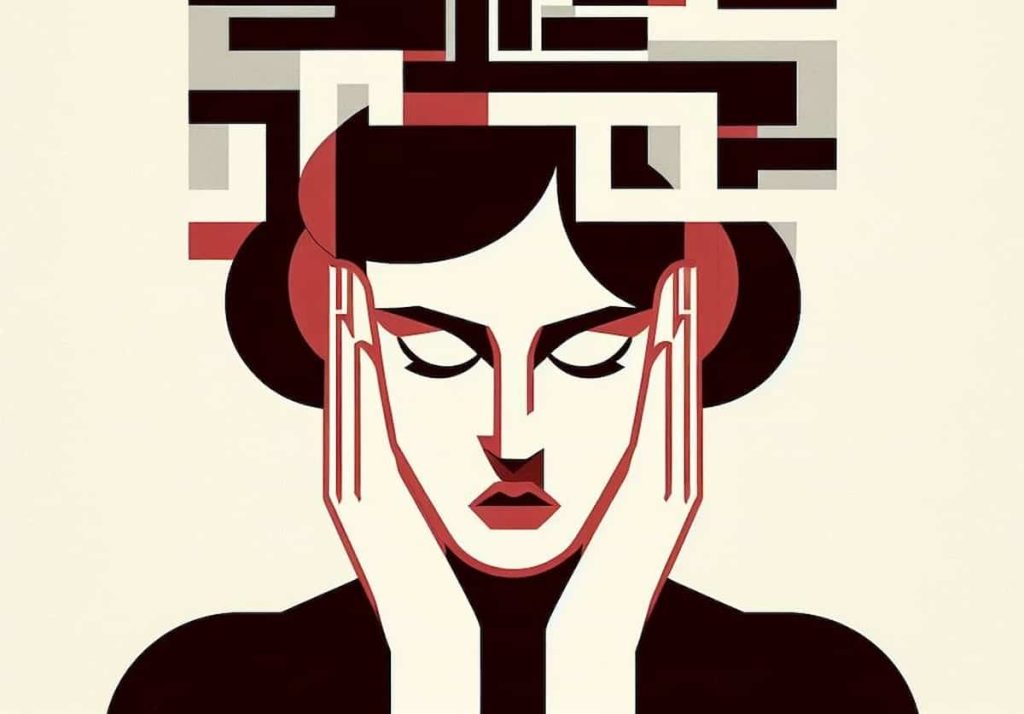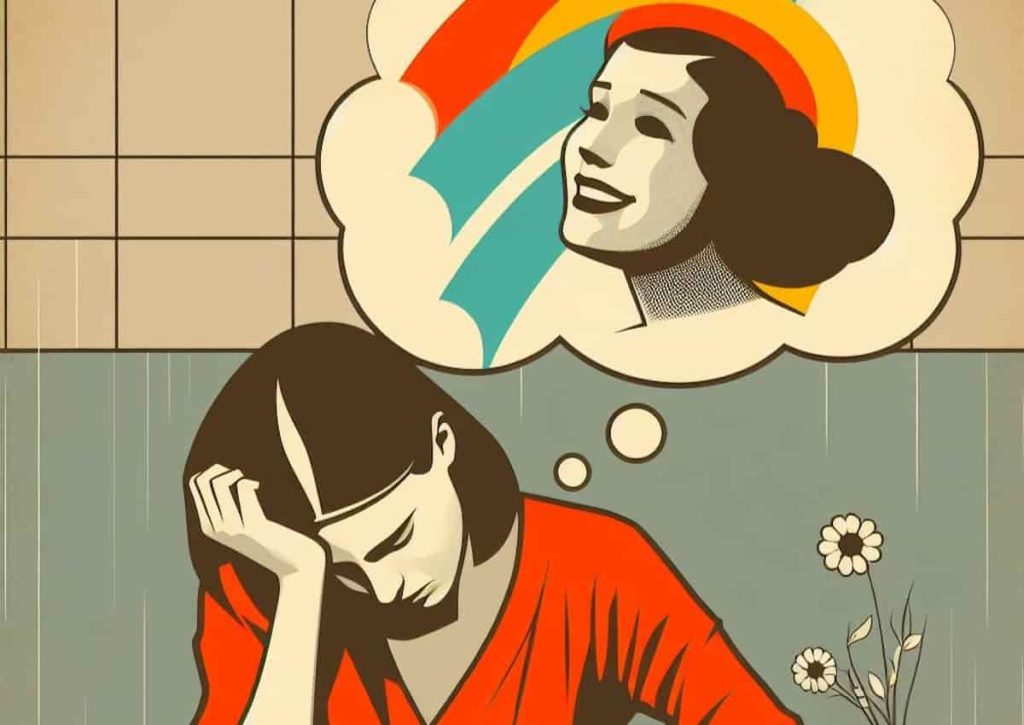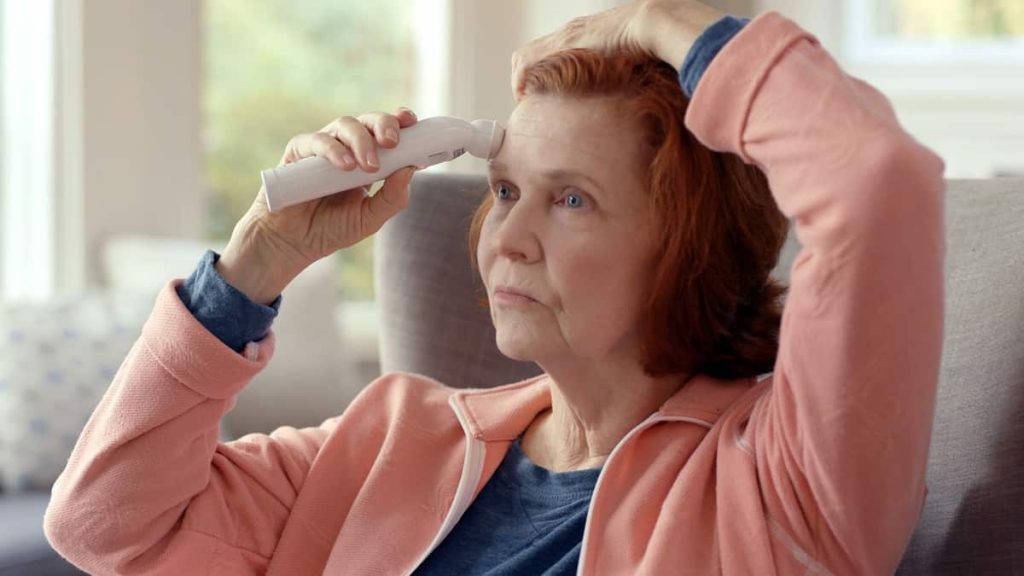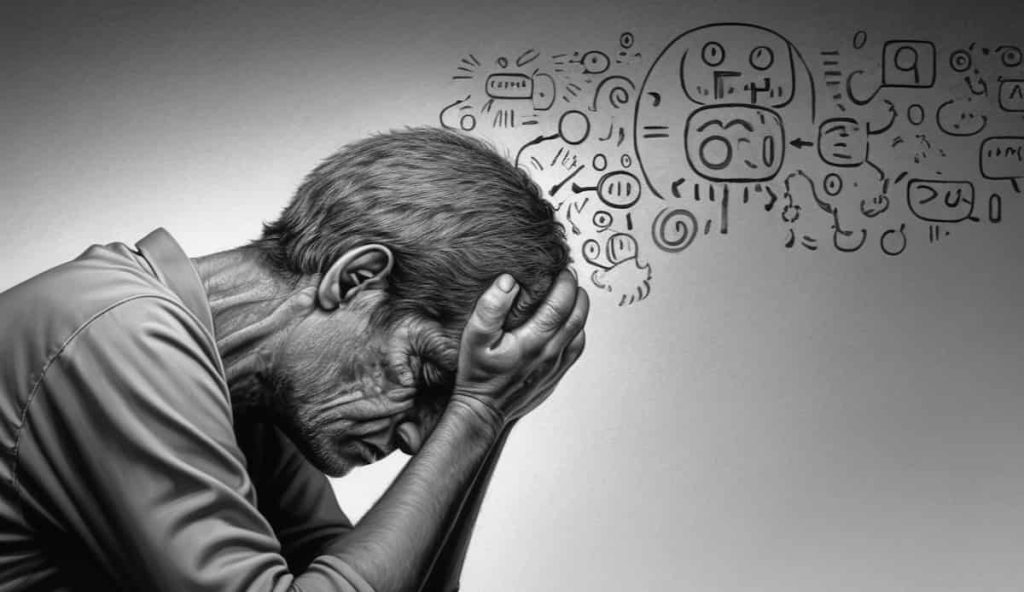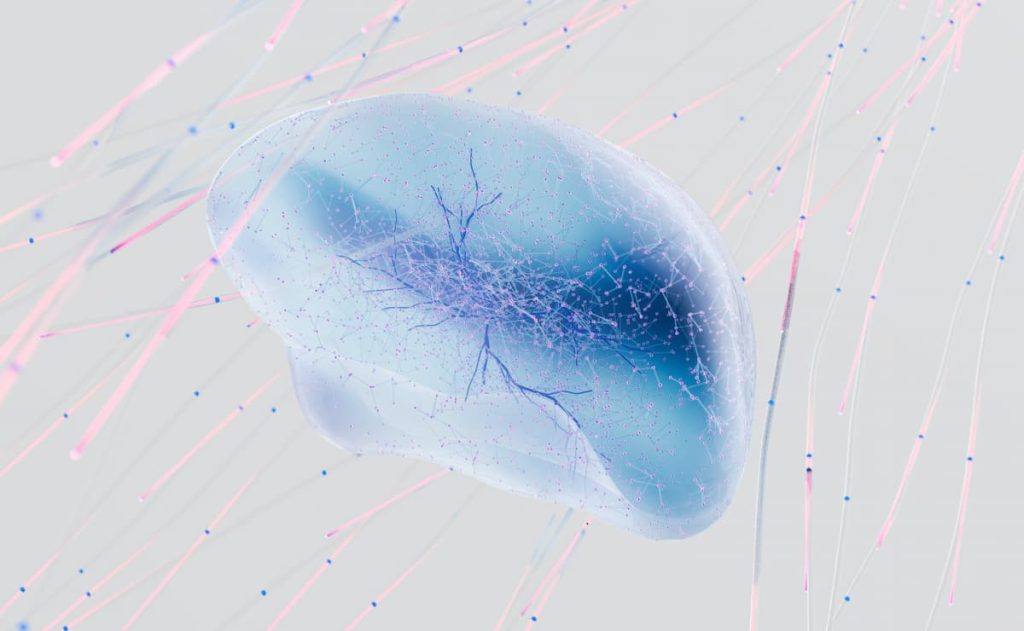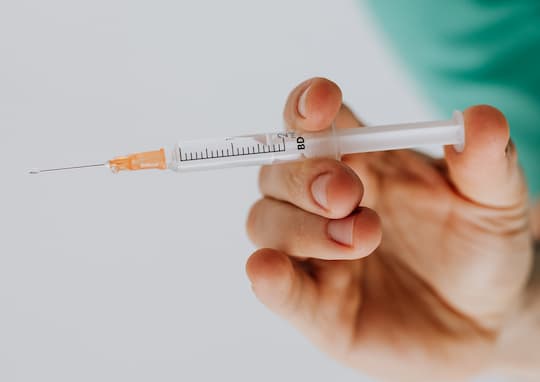Ten captivating studies that reveal new ways to understand, treat and prevent depression.
Below are 10 pieces of research that promise to enhance our understanding and management of depression.
Among other things, the studies examine the potential of exercise routines, explore strategies for managing negative thoughts and uncover links to sleep, body temperature and memory.
These are all from the members-only section of PsyBlog — if you are not already, find out how to become a PsyBlog member here.
1.
Discover The Ultimate Depression-Busting Exercises — Backed By 200+ Studies (M)
Over 200 studies confirm it: exercise is a powerful tool against major depressive disorder. But which are best, and for whom?
2.
How Depressed People Can Overcome Negative Thinking (M)
Participants taught this technique were less likely to remember negative memories.
3.
How To Deal With The Fear Of Depression Returning (M)
The situations that can trigger fears of depression returning and how to tackle them.
4.
3 Ways Depressed People Can Access Happy Memories (M)
Autobiographical memory, crucial for self-concept and emotion regulation, is often impaired in depression.
5.
The Surprising Link Between Depression And Body Temperature (M)
The largest study yet to examine the link between body temperature and depression.
6.
The Shocking Way Depression and Schizophrenia Hijack Learning Abilities (M)
The subtle learning bias seen in people with depression and schizophrenia that stops them grasping patterns in everyday life.
7.
Two-Thirds Of Severely Depressed Respond To Novel Brain Stimulation Technique (M)
A variation on an FDA approved method of transcranial magnetic stimulation (TMS) for depression doubles its effectiveness.
8.
Why A Sleepless Night Lifts Depression (M)
Sleep deprivation treatment can rapidly reduce the symptoms of depression — but why?
9.
Depression ‘Wonder-Drug’ Ketamine Only Works By Placebo Effect (M)
Ketamine’s ability to reduce depression may be all expectation in patients’ minds.
10.
These 7 Lifestyle Factors Reduce Depression Risk By Two-Thirds (M)
People with generally healthy lifestyles had a 57 percent lower depression risk compared to those with generally unfavourable lifestyles.
.



